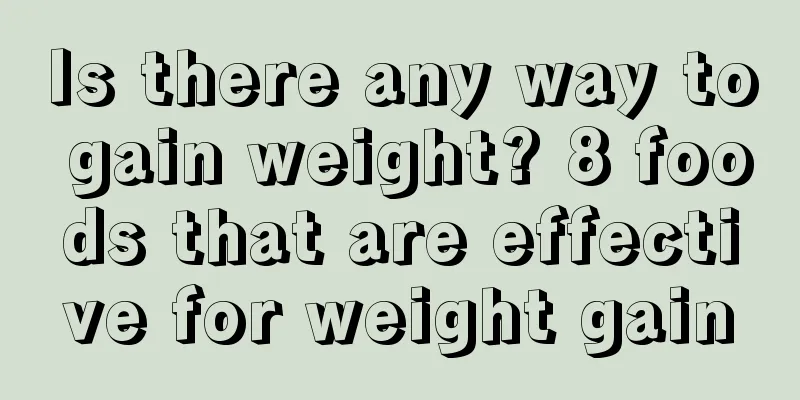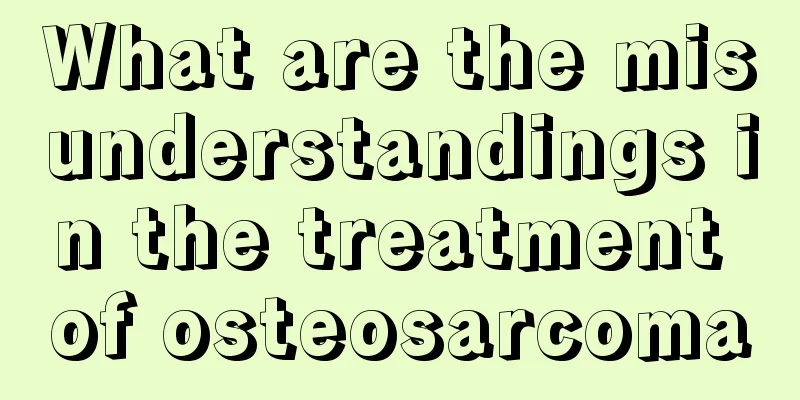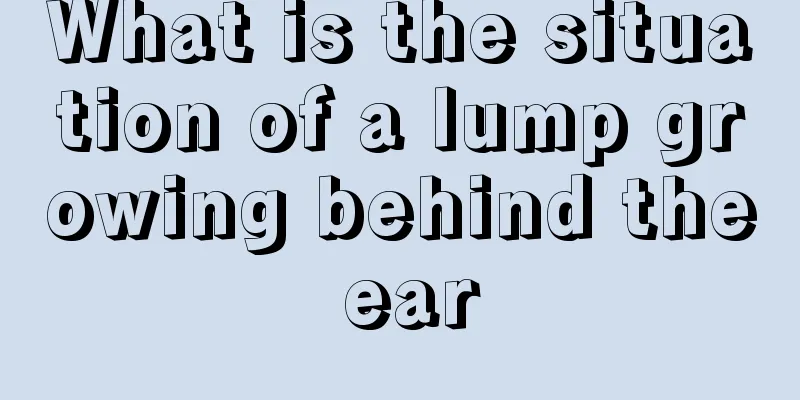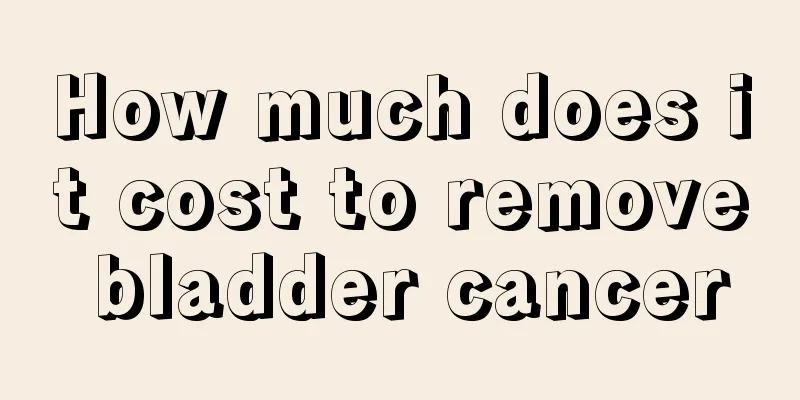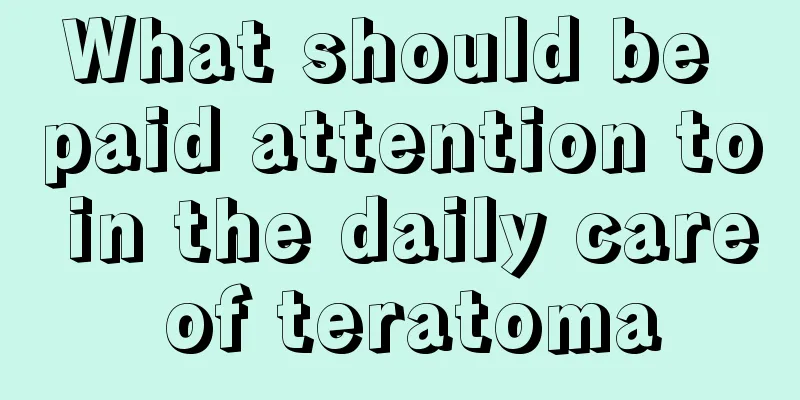What is the reason for chest congestion after meals
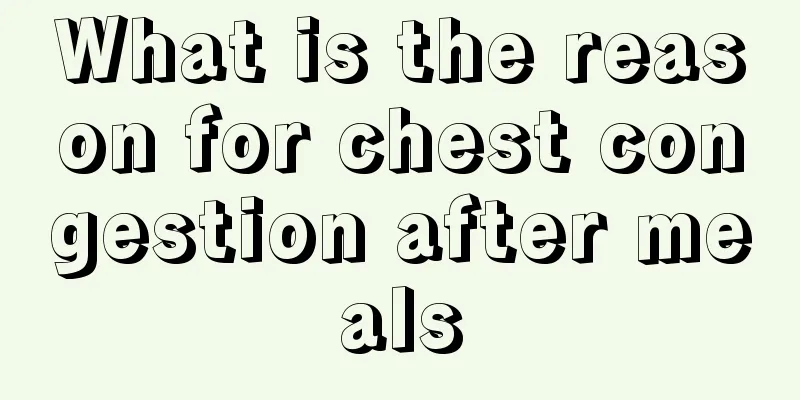
|
Chest congestion means that there are some problems in our body. For example, shortness of breath and arrhythmia may be caused by chest congestion. Chest congestion may be caused by various reasons, and it may occur in different situations, including chest congestion after meals. This is caused by certain reasons. So what is the reason for chest congestion after meals? Feeling bloated after meals or all day long, belching but no acid reflux, poor appetite, gradual weight loss, and slightly pale or gray complexion are symptoms of chronic gastritis, especially chronic atrophic gastritis and gastroptosis, in middle-aged and elderly people. When eating, there is a feeling of obstruction, pause, and pain behind the sternum, which may be mild or severe. This often suggests that the patient may have esophagitis, esophageal diverticulum or early esophageal cancer. If you experience heartburn, belching, and pain behind the sternum after a meal (which is more obvious when lying flat, bending forward, or when abdominal pressure increases), gastroesophageal reflux disease should be considered. Upper abdominal pain after meals, or nausea, vomiting, or a feeling of indigestion. Symptoms persist for many years, often occurring in autumn. The pain may be rhythmic, such as after catching a cold, getting angry, or eating irritating foods. This may be a gastric ulcer. Stomach pain often occurs 2 hours after a meal, or wakes you up in the middle of the night, and is relieved after eating. Acid reflux is common. There may be duodenal ulcer or inflammation. If you experience abdominal distension and pain after meals, often with nausea, vomiting, and occasionally vomiting of blood, a history of stomach problems that have recently worsened, or no history of stomach problems that have only recently developed, and are accompanied by anemia, weight loss, loss of appetite, and a hard lump felt above the navel or heart, then you may be suffering from stomach cancer. Abdominal pain and diarrhea after eating improperly or catching a cold may be accompanied by vomiting, chills and fever, which may be acute gastroenteritis or acute dysentery. Diarrhea occurs immediately after a meal, after each meal, if you catch a cold or eat improperly, sometimes you have diarrhea and sometimes you have constipation. The diarrhea is watery, and there is a lot of mucus when you are constipated. Sometimes you have bloating and want to have a bowel movement but cannot defecate when you go to the toilet. You have not lost weight for several years, then you are likely to have chronic allergic enteritis. Eating spicy, greasy, or cold food, drinking alcohol, or having diarrhea right after a meal may cause diarrhea. Some people may have abdominal pain and intestinal rumbling during or before diarrhea, and the abdominal pain will be relieved after diarrhea. This may be due to intestinal dysfunction. |
<<: Complications after stoma reversal
>>: I woke up with a sore neck and couldn't move. What's going on?
Recommend
What is the charge for tongue cancer
Nowadays, the biggest concern when going to the h...
How pancreatic cancer metastasizes
The main metastatic pathways of pancreatic cancer...
How to treat dandruff
Hair is the second manifestation of a person'...
What are the symptoms of kidney cancer
Regardless of the size of kidney cancer, about 20...
What are the standard measurements
The three measurements are a popular term nowaday...
What are the hazards of hydrogen peroxide to the human body
Hydrogen peroxide is a chemical raw material, whi...
What are the hazards of drugs to the human body
It is normal to get sick occasionally in our dail...
Which hospital specializes in skin cancer
I believe everyone has heard of skin cancer. Skin...
Why do I always laugh in my dreams?
The situations in dreams sometimes occur in real ...
How to soak Cassia seeds in water
Drinking Cassia seeds soaked in water is very eff...
Can I eat melon seeds after having a mole removed?
Many people like to eat melon seeds, and as a kin...
What are the common knowledge about the prevention of nasopharyngeal cancer
In recent years, nasopharyngeal cancer has become...
Clinical symptoms of uterine fibroids
Symptoms of uterine fibroids are common clinical ...
What is the best way to remove scars
Scars are a relatively common skin condition. If ...
Camisole
Summer is here, and camisole tops have undoubtedl...



